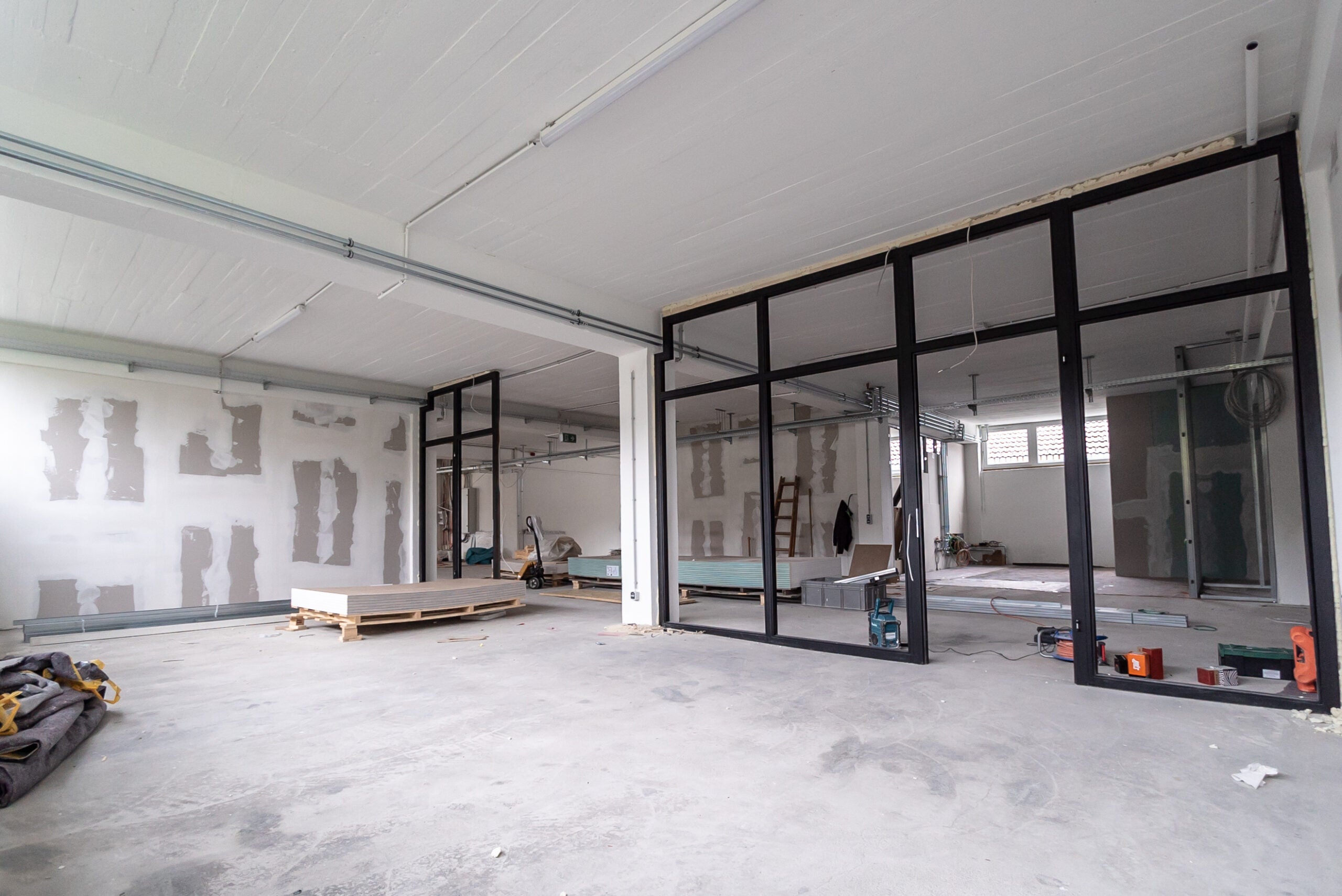
Always true: Rent your first, next, or continuing office with caution.
Several years ago and before COVID’s changes, I became involved with a Southeast Asian  company looking to expand into the United States. During the discussions with the CEO about hiring North American managers, he made it clear that he wanted us to find a first-class office facility from which to start the search process, and proceeded to name cities that attracted him. Even after discouraging him from this backwards method of infrastructure-building, he kept bringing up the subject in subsequent months as new senior managers and salespeople were hired, each starting with an orientation week at the Asian headquarters then returning to work from home.
company looking to expand into the United States. During the discussions with the CEO about hiring North American managers, he made it clear that he wanted us to find a first-class office facility from which to start the search process, and proceeded to name cities that attracted him. Even after discouraging him from this backwards method of infrastructure-building, he kept bringing up the subject in subsequent months as new senior managers and salespeople were hired, each starting with an orientation week at the Asian headquarters then returning to work from home.
Everything has changed of course.
 With audio and video conferencing and all the tools for communication and collaboration available today, each of these four new employees felt empowered, connected and enthused to work from home for the first time. The CEO was still talking about finding an office when the natural progression of growth made it obvious that two of the four needed to be replaced. These two worked from homes in widely scattered cities. Had the office been located to accommodate either one, the company would have had to find replacements in the same geographical area as the office. Without that restriction, outstanding replacements could be located based upon skill and experience, not location.
With audio and video conferencing and all the tools for communication and collaboration available today, each of these four new employees felt empowered, connected and enthused to work from home for the first time. The CEO was still talking about finding an office when the natural progression of growth made it obvious that two of the four needed to be replaced. These two worked from homes in widely scattered cities. Had the office been located to accommodate either one, the company would have had to find replacements in the same geographical area as the office. Without that restriction, outstanding replacements could be located based upon skill and experience, not location.
We know that the best employees may elect home, hybrid, or walking out.
Most businesses, especially start-ups, benefit from the establishment of a virtual environment. The flexibility in hiring decisions, reduced fixed costs, forced highly specific communications and better definition of job responsibilities that most often result from need, almost always give a virtual company the edge financially and flexibly.
Would you renew your existing office lease today?
More mature companies are saddled with sometimes expensive facilities, often poorly used by a minority of employees. Five-year leases that seemed a bargain before COVID are most often albatrosses today.
And when does senior management show the flag at the office? Most want the same  flexibility as those they manage. So, one of the advantages of new or young employees – having visibility and time with their managers – cannot easily be realized, frustrating the employee who made the extra effort to come into the office.
flexibility as those they manage. So, one of the advantages of new or young employees – having visibility and time with their managers – cannot easily be realized, frustrating the employee who made the extra effort to come into the office.
The bottom line for most companies is that the need may still be there, but the size of the space can be drastically reduced and should be. Landlords know this, and at renewal time are more flexible now, willing to divide spaces to retain tenants with the negotiation power shifting from landlord to tenant.
Yes, every company is different.
During COVID, we sometimes called these “must be in the office” or on-the-floor employees “essential.” The extra burden of travel cost and time was theirs to bear without extra compensation compared to their peers. Which leads to the question: “Would you pay more for those who you insist on or who must come to the place of work? These are complex questions, but when couched in this way – in terms of higher employee cost as well as higher infrastructure cost, become easier for management. You must decide between hybrid, virtual or forced in-the-office balancing economics with productivity and ability to retain and attract the best employees.
The world has changed, and you must not just “remember how it used to be.”
So, can a company of any size exist for a reasonably long time as a virtual company?
As recently as 2019, there was a stigma that prevented many CEO’s from thinking it possible. Today, virtual offices are accepted at all levels of many organizations of all sizes.












